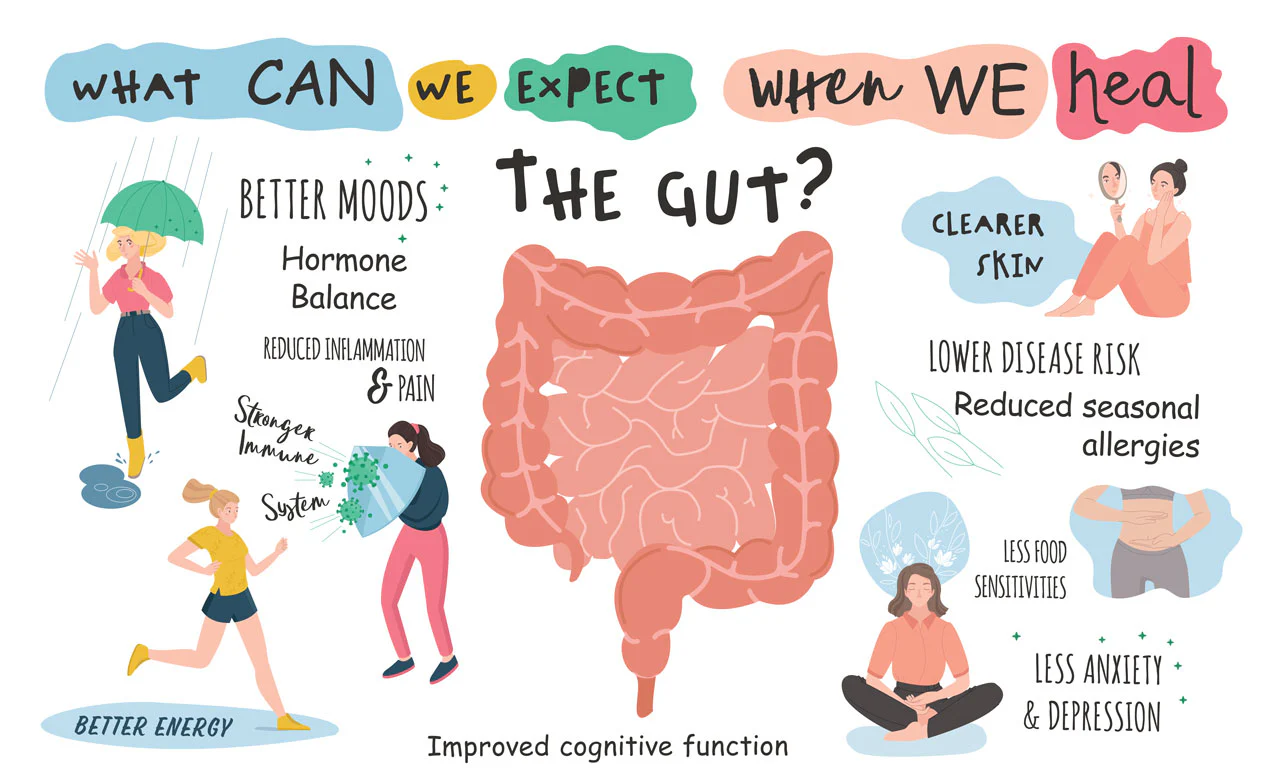Recent studies highlight a growing connection between gut health and long-term weight loss, emphasizing the importance of the gut microbiome in regulating metabolism and appetite. A balanced gut, rich in diverse bacteria, supports better digestion, reduces inflammation, and may even influence fat storage. While diet and exercise remain key components of weight loss, understanding the role of gut health offers a deeper, science-backed layer to achieving lasting results.
Fiber-rich foods like vegetables, fruits, legumes, and fermented items such as yogurt and kimchi feed the beneficial bacteria in our gut. These foods not only support digestion but also help regulate hunger hormones like ghrelin and leptin. A healthy gut can curb sugar cravings, improve nutrient absorption, and reduce bloating — all of which contribute to more effective weight management. Individuals who prioritize gut health often find it easier to maintain weight loss without feeling deprived or constantly hungry.
Improving gut health is a sustainable approach to weight loss that goes beyond calorie counting. Regular movement, quality sleep, and stress management all play supportive roles in keeping the microbiome balanced. Consulting a healthcare provider or registered dietitian for personalized guidance ensures you’re making informed choices backed by evidence. As research evolves, gut health is proving to be a vital, yet often overlooked, piece of the weight loss puzzle.






